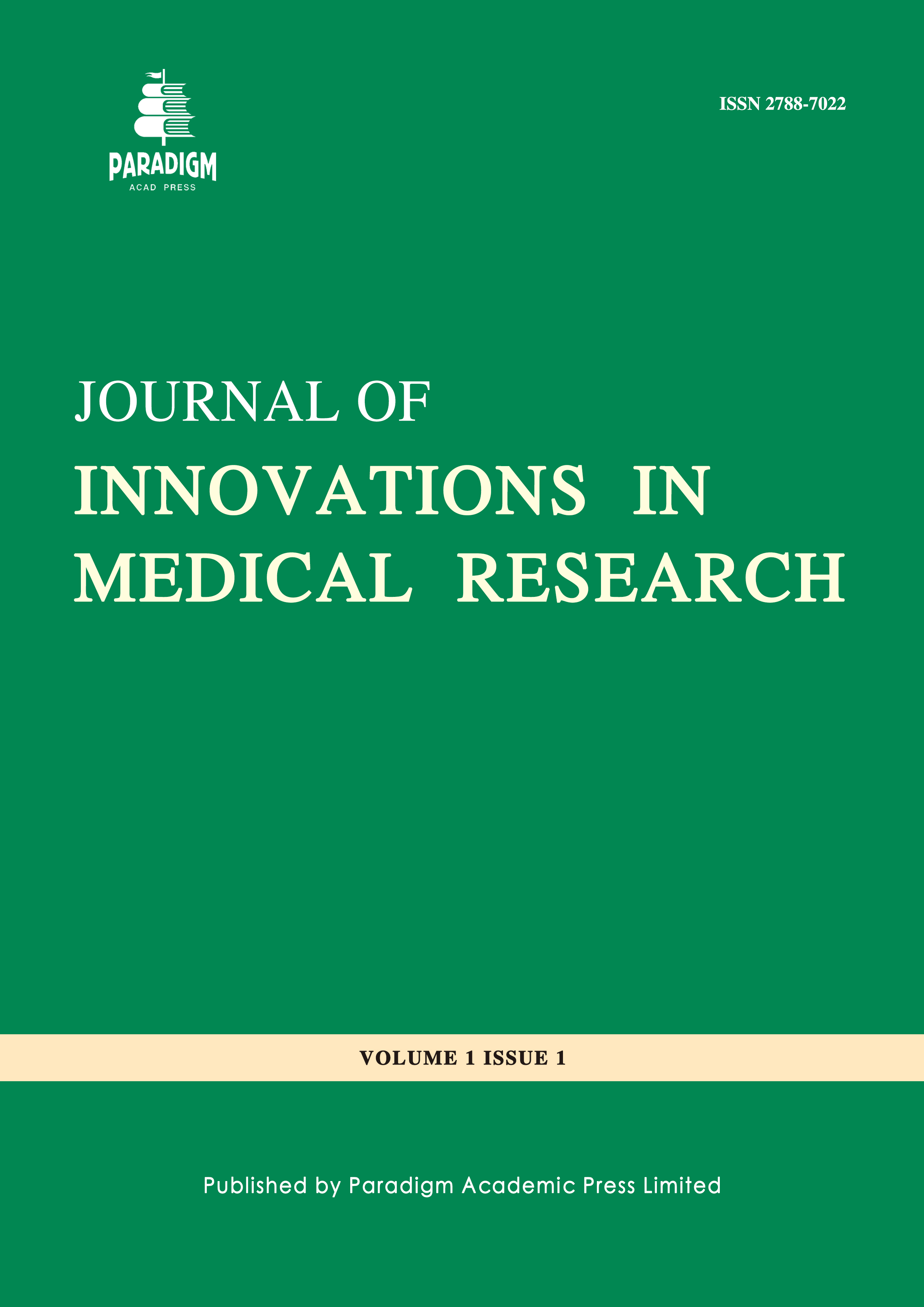HR-Positive Breast Cancer and New Potentially Synergistic Approaches with CDK Inhibition of the Retinoblastoma Protein and CAR T-Cell Immunotherapy
Keywords:
HR-Positive Breast Cancer, CAR T-Cell immunotherapy, proposal, limitations, treatmentAbstract
Breast cancer is the most prevalent cancer in women and 25% of all cancers worldwide (Ghoncheh et al., 2016). It is the second most common cause of female death from cancers (Alkabban & Ferguson, 2022). A silent-forming cancer, breast cancer is highly metastatic in later stages and is often revealed through routine screening. It is caused by an accumulation of genetic mutation and damage, allowing for uncontrolled proliferation and tumorigenesis. Multiple hallmark changes of cancer are often seen in breast cancer, such as in the PI3K/AKT pathway, the RAS/MEK/ERK pathway, or the RB pathway. Additionally, it is also possible to inherit pro-cancerous genes, such as BRCA1/2, carcinogens that cause DNA crosslinks and double strand breaks (Patel et al., 1998).
The retinoblastoma tumor suppressor gene plays a key role in controlling the cell cycle. Its product, pRB, is able to prevent the G1/S transition through attachment to the E2F transcription factor in its unphosphorylated state, which in turn prevents transcription of genes involved in DNA replication and cell cycle progression (Weinberg, 1995). The cyclin-dependent kinases CDK4 and 6, activated by cyclin D, are then able to phosphorylate pRB when the cell is ready, releasing E2F and allowing for progression (Shah et al., 2018). It has been observed that breast cancer cells have various defects in the RB pathway, such as overexpressing cyclin D or lacking CDK4/6 regulation through the INK4 family, leading to a failure in cell growth control and uncontrolled proliferation (Hamilton and Infante, 2016). Thus, CDK4/6 inhibition has become a key point of study by artificially inducing cell cycle arrest. Currently, palbociclib, ribociclib, and abemaciclib are the only approved CDK4/6 inhibitors for first-line use in HR+/HER2- breast cancer, the most common subtype, possessing hormone (estrogen/progesterone) receptors and lacking the human epidermal growth factor 2 receptor (SEER, 2020). While they differ structurally, they all interchangeably serve the role of potently blocking pRB phosphorylation (Zhang et al., 2021).
Chimeric antigen receptor (CAR) T-cell therapy is a highly experimental and novel cancer treatment, currently employed for various hematological malignancies (National Cancer Institute, 2022). Developed from adoptive T cell transfer (ACT), it allows a patient to use their own T cells against cancer. The cells are extracted and artificially given the CAR receptors which bind to receptors found on the cells, activating them, and then are cultured and readded to the blood, essentially acting as manmade antigen presentation (June et al., 2018). The specialization of the T cells’ receptors allows this treatment to be highly targeted and specific, and the T cells’ innate habitat in the blood and lymph make it an obvious choice for treating leukemias and myelomas. Its potential in other cancers, however, is undeniable and research is ongoing to find more applications of this novel treatment.



